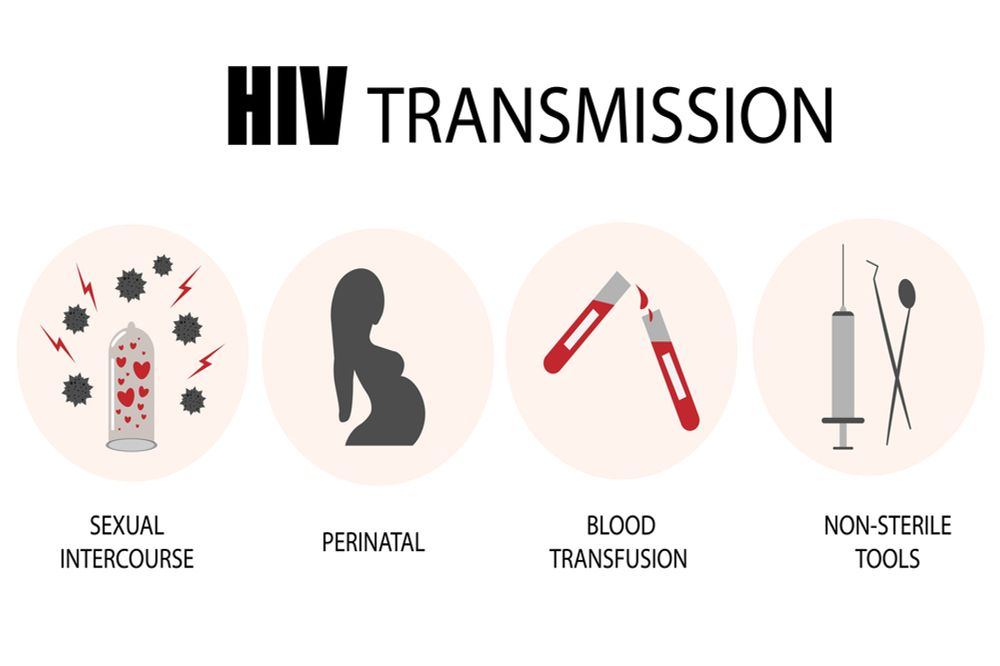Recurrence

Certain triggering factors can result in the reactivation of the herpes virus and this phenomenon is known as recurrence. Recurrence can occur even if you are having a healthy immune system. There are several known triggers that can lead to recurrence and these include:
- Fatigue
- Hormonal changes, like during menstruation
- Exposure to excessive heat, excessive cold, or ultraviolet light
- Persistent emotional anxiety or stress for longer than one week
- Physical stress such as an illness, injury, or an infection
There are a number of physical health factors that can make you to have a more long-lasting or severe HSV infection if you already have an encounter with HSV-1 or HSV-2 viruses. The health issues or risk factors make you more prone to get the infection and these include:
- HIV AIDS infection
HIV infection particularly reduces the immunity from viruses and herpes virus infection might be more severe if you already have HIV infection.
- Immuno-suppression
If a person’s immune system is already suffering from a deficiency for whatever reason then he or she is at a higher risk of getting a more persistent or serious HSV infection. The immune system can face suppression due to several reasons including an immune system deficit, HIV, autoimmune condition, bone marrow cancer, IgA disease, organ transplantation or chemotherapy treatment.
- Use of immuno-suppressive medications
If a person is taking an immuno-suppressive medication such as a chemotherapeutic drug or a steroid then he can have a reactivation of genital herpes and more severe symptoms of HSV-1 or HSV-2 infections. Once you stop taking immuno-suppressive drugs and the immune system returns to its normal function then there is no issue.
- IgA deficiency
As any immune system deficiency can increase the chances of recurrent blisters and a more severe episode of genital herpes, IgA deficiency shares the most common association with HSV infections. IgA is a type of immune protein that particularly provides protection against infections developing in the mucous membranes. Mucous membranes provide protection to body parts like the mouth and vagina by lubricating them by a fluid known as mucus.
- Unprotected sex
Having unprotected sex or having sex with multiple partners who could be potential carriers of HSV infection can cause genital herpes. Oral and vaginal sex is the most common cause of HSV-2 transmission from one person to another.
- Sharing items
The transmission of HSV-1 virus is possible by sharing items like mouth-gaurds, towels, toothbrushes, or even cups. Using someone else’s lip balm, lipstick, or lip gloss is especially problematic as there is an inherent present of moisture in these items which allows the virus to transmit easily.
